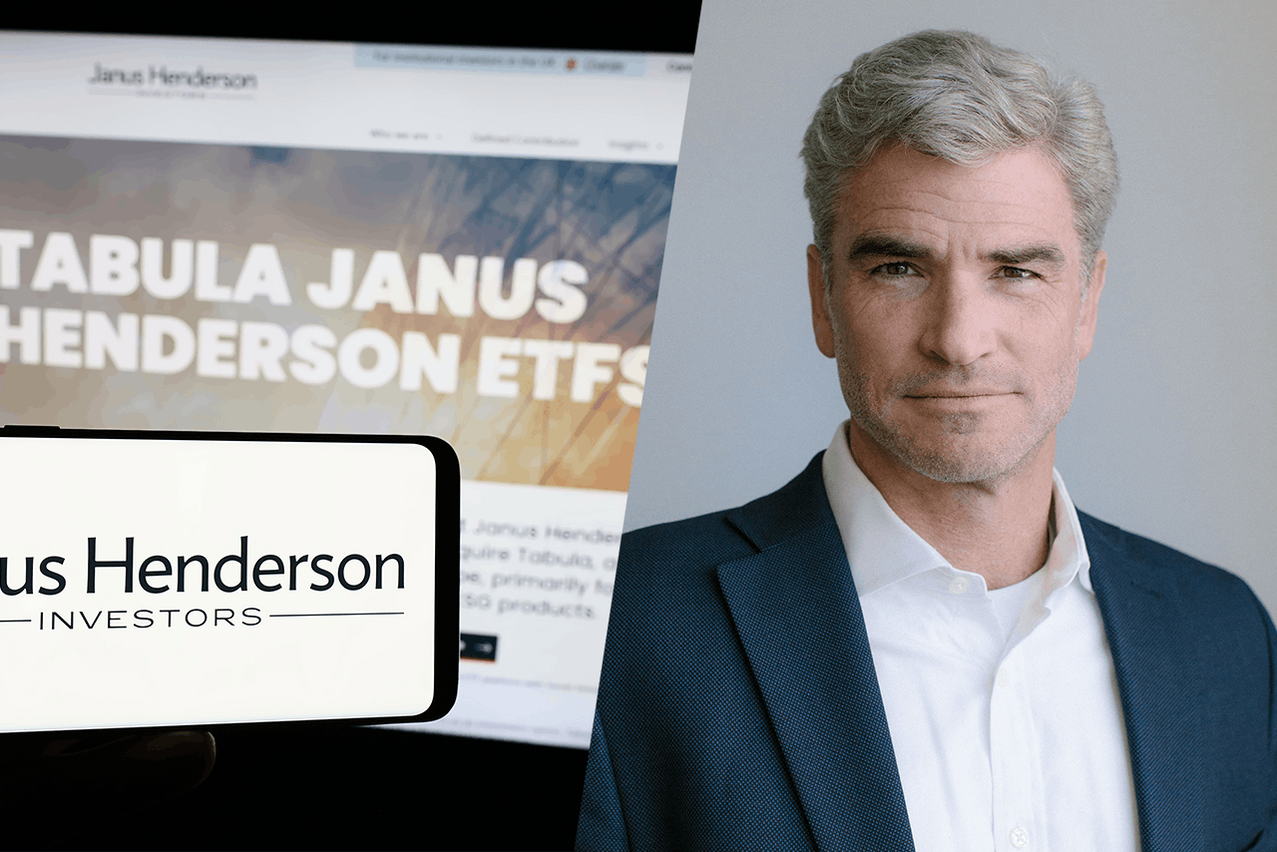Paperjam has previously reported about private assets slowly finding their way into exchange-traded funds and . The reception by market participants is undoubtedly mixed. MJ Lytle, CEO of Janus Henderson Tabula, has expressed scepticism about including private assets in ETFs. Paperjam caught up with Lytle, who has shared his written answers to our questions.
Sylvain Barrette: What have you observed on the trading spread (bid-ask spread) so far on ETFs that include private assets?
MJ Lytle: The space is so nascent that there is simply no real-world evidence to rely on. Maybe if client interest materialises, we will learn.
As far as I am aware, there are no ETFs that have explicit exposure to private assets. Under Ucits, I think the maximum exposure to private assets is 10%.
Some have proposed solutions to address liquidity issues, such as providing greater transparency about market valuation assumptions. Is it reasonable to believe that such information could be provided?
ETFs already have daily transparency of full portfolio holdings. However, transparency cannot address fundamental liquidity concerns. Daily liquidity vehicles must have underlying assets that can support investor flows.
Blackrock head Larry Fink has suggested that tokenisation will offer a solution in the future to the liquidity challenge. Is it a reasonable solution? Could that occur more quickly than everyone expects?
Tokenisation can address democratisation of secondary trading, but it is not a panacea. It cannot address primary liquidity or transform the liquidity of the assets that the fund owns. These are two separate issues.
Could payment-in-kind (PIK) provisions be the solution? That may require tokenisation to be implemented for all the assets in the ETF, right?
PIK can be used to provide primary liquidity when underlying assets cannot be sold to support investor demand for liquidity. Tokenisation could facilitate the delivery of those assets directly to ETF shareholders. However, that mechanism does not exist today, and we are a few steps away from that being possible. Also, note that you are delivering illiquid assets to investors rather than cash and they are less capable of selling those assets than a professional fund manager.
